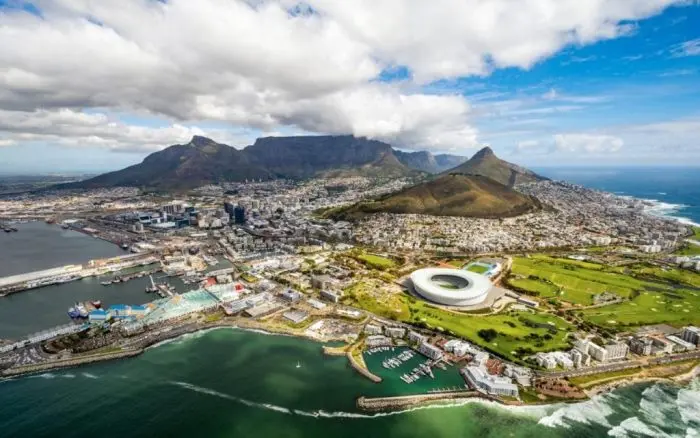South Africa, known for its diverse landscapes, rich culture, and incredible wildlife, is a destination that promises adventure and discovery. From the bustling streets of Johannesburg to the serene beaches of the Western Cape, each region offers a unique experience.
When planning your trip, considering the best times to visit is crucial, and who better to advise than the locals? Here’s a comprehensive guide to the best times to visit South Africa, as recommended by those who know it best.
1. Cape Town and the Western Cape: Late January to April
Why: The end of summer and the start of autumn is the perfect time to visit Cape Town and the surrounding Western Cape. The weather is warm and sunny, but not as hot as mid-summer, making it ideal for exploring the city, hiking Table Mountain, or enjoying the beaches.
Local Insights: The wind tends to die down during this period, and you’ll find fewer tourists, providing a more relaxed atmosphere. It’s also the time for grape harvesting in the winelands, making it perfect for wine tours.
2. The Garden Route: May to September
Why: The Garden Route, known for its lush coastal forests and pristine beaches, is a must-visit. While it’s winter, the climate remains mild, and there’s less rain compared to the rest of the year.
Local Insights: Locals suggest this time for outdoor activities like hiking and bird watching. The region is less crowded, and accommodation prices tend to be lower.
3. Johannesburg and Gauteng: March to May and September to November
Why: Johannesburg experiences a subtropical highland climate. The best times to visit are during the autumn and spring when the weather is mild and pleasant.
Local Insights: These periods avoid the summer rain and the winter chill. It’s perfect for city tours, visiting the Apartheid Museum, and exploring the Cradle of Humankind.
4. Kruger National Park: May to September
Why: Winter is the ideal time for wildlife viewing in Kruger National Park. The vegetation is sparse, making animals easier to spot, and the risk of malaria is lower.
Local Insights: Locals recommend early morning or late afternoon game drives for the best wildlife sightings. This time also coincides with the South African school holidays, so booking in advance is advisable.
5. KwaZulu-Natal: April to September
Why: If you’re looking for a subtropical climate with warm temperatures year-round, KwaZulu-Natal is the place. The best time to visit is during the dry winter months when the humidity is lower.
Local Insights: This period is perfect for visiting the Drakensberg Mountains and the beaches along the coast. It’s also an excellent time for safari in Hluhluwe–Imfolozi Park.
6. The Eastern Cape: March to May
Why: The Eastern Cape, home to the Addo Elephant National Park and beautiful coastlines, is best visited in the autumn. The weather is comfortable, and it’s outside of the peak summer tourist season.
Local Insights: Locals suggest this time for beach activities and wildlife viewing. The region’s diverse landscapes, from mountains to forests, are particularly beautiful during these months.
7. The Northern Cape: April to August
Why: The Northern Cape, famous for its desert landscapes and spring wildflowers, is best visited during the cooler months. This is when the region transforms into a colorful floral spectacle.
Local Insights: Visit the Namaqualand region in August for the bloom of wildflowers. The weather is also ideal for exploring the Kalahari Desert.
Conclusion
South Africa’s varied climate zones mean that there’s always a perfect time to visit somewhere in the country. Whether it’s for the wildlife, the culture, or the natural beauty, listening to local advice can help you experience the best of what South Africa has to offer, no matter the time of year. Remember, each region has its unique charm, and exploring them in the ideal season as recommended by locals can significantly enhance your travel experience.





